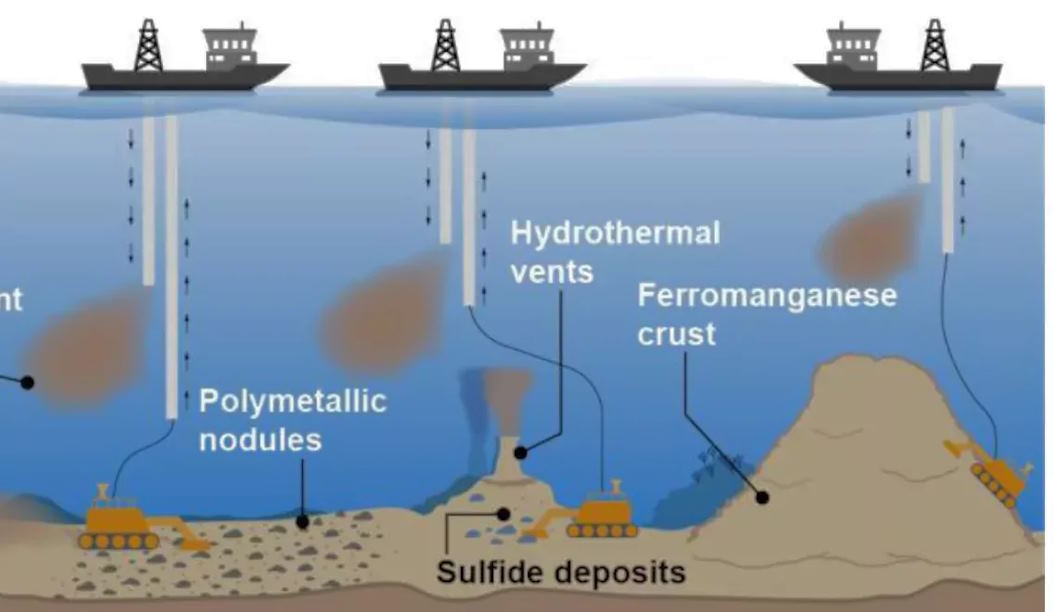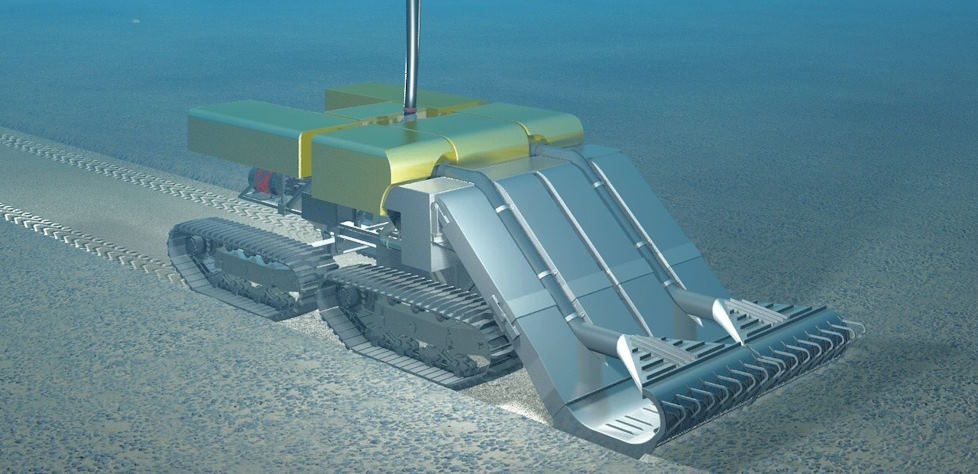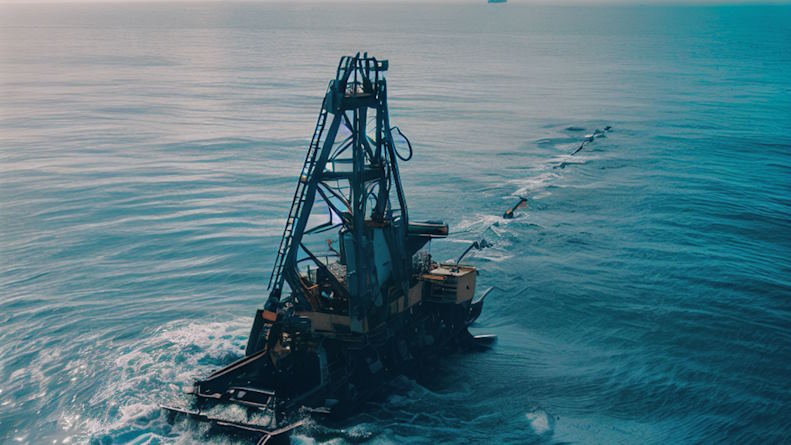The concept of deep-sea gold mining has transitioned from a mere fantasy to a potential reality, thanks to rapid technological advancements. This new frontier of mining proposes to explore the ocean’s depths for precious metals, including gold. While the prospects are lucrative, they come with complex challenges and environmental concerns that necessitate a thoughtful approach.
Technological Advancements and Economic Potential
The technological leap in robotics, underwater drilling, and navigation systems has made the inaccessible seabed resources now within reach. These innovations are pivotal in enabling the extraction of gold from extreme depths where pressure, darkness, and cold have previously made mining impossible. The economic potential is significant, as challenges and opportunities of deep-sea gold extraction and deep-sea deposits are to contain gold and other valuable minerals in higher concentrations than those found on land. It could offset the decreasing yields from traditional land-based mines and meet the global demand for precious metals.

Environmental Concerns
Despite the economic allure, deep-sea mining poses unprecedented environmental risks. Mining activities could disrupt these fragile ecosystems, with the potential for long-term damage. Sediment plumes generated by mining processes could spread over large areas, harming plankton and the wider marine food chain. The destruction of habitats and potential loss of biodiversity are concerns that have put environmental implications of deep-sea gold extraction and mining companies at odds.
Regulatory and Ethical Challenges
The governance of international waters and the seabed is a complex issue. The International Seabed Authority (ISA) oversees the regulation of mining activities in these areas. Ethical considerations also come into play, with debates centering on whether humanity has the right to exploit these untouched environments for economic gain. The need for international cooperation and agreement on environmental protection standards is critical.

Towards Sustainable Mining Practices
The future of deep-sea gold mining must include sustainable practices that minimise environmental impact. It includes developing technologies and methods that reduce sediment plumes and avoid disrupting marine habitats. Environmental impact assessments must be thorough and transparent, ensuring that mining operations do not proceed without a clear understanding of the potential ecological consequences. Collaboration between mining companies, environmental scientists, and policymakers is essential to balance economic interests with preservation.
A Cautious Path Forward
The path to deep-sea gold mining is fraught with challenges, technological and ethical. The vast mineral wealth weighed against the potential for irreversible harm to some of the planet’s most untouched ecosystems. As we stand on the brink of this new frontier, decisions must be made with a long-term perspective, prioritising the health of our oceans and the planet. The future of deep-sea mining will undoubtedly intricate process of extracting gold from the ocean floor and shape the legacy of our generation’s stewardship of Earth’s natural resources, urging us to proceed with caution and respect for the unknown depths.





